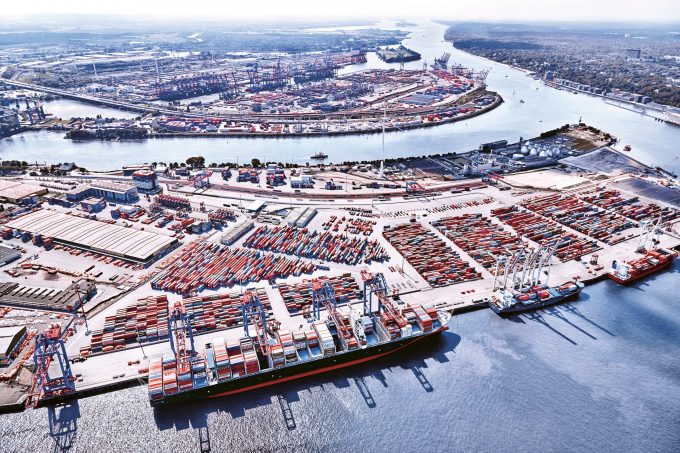Red Sea crisis forces Maersk to increase capacity over strategy limit
Maersk Line appears to have temporarily abandoned its strategy of maintaining capacity at no more ...

MSC’s planned acquisition of a 49% stake in Hamburg terminal and intermodal operator HHLA hit a hurdle this week when opposition parties in the municipality’s parliament forced a public consultation on the sale.
Hamburg’s governing coalition government had hoped to hold a vote that would see the purchase formally approved before the parliament begins its summer recess, on 10 July.
However, during a municipality budget meeting on Tuesday, the right-wing AfD and left-wing FPD parties managed to push through a public hearing, ...
Transpacific sees first major MSC blanks as rates fall and volumes falter
'It’s healthy competition' Maersk tells forwarders bidding for same business
Opposition builds for final hearing on US plan to tax Chinese box ship calls
White House confirms automotive tariffs – 'a disaster for the industry'
New price hikes may slow ocean spot rate slide – but for how long?
Shippers snap up airfreight capacity to US ahead of tariff deadline
Supply chain delays expected after earthquake hits Myanmar
Tighter EU import requirements proving 'a challenge' for forwarders

Comment on this article